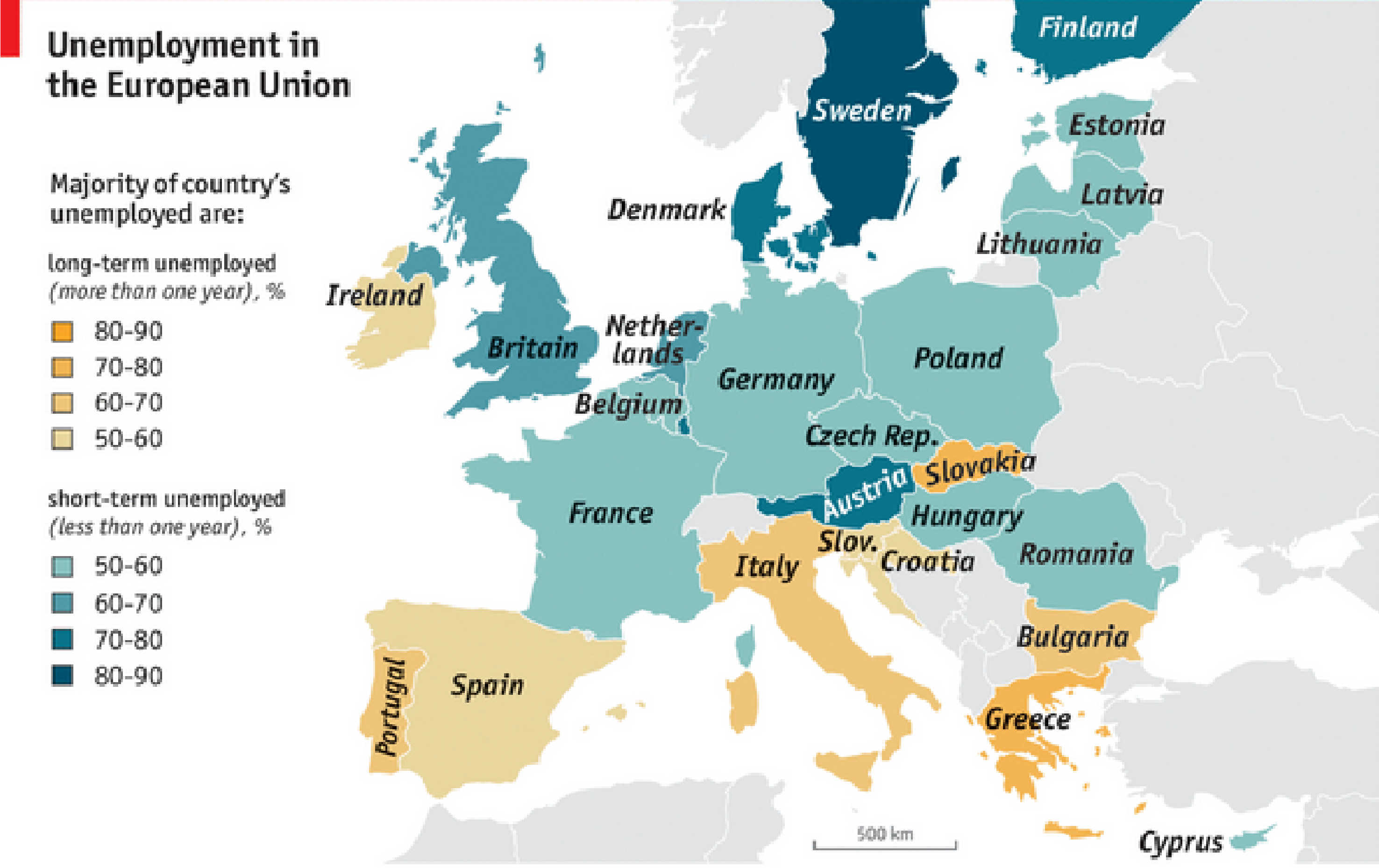Kanbur, Ravi, Stiglitz, Joseph, (2015), “Wealth and income distribution: New theories needed for a new era”, Voxeu, 18 Αυγούστου Growth theories traditionally focus on the Kaldor-Kuznets stylised facts. Ravi Kanbur and Nobelist Joe Stiglitz argue that these no longer hold; new theory is needed. The new models need to drop competitive marginal productivity theories of factor returns in favour of rent-generating mechanism and wealth inequality by focusing on the ‘rules of the game.’ …Read More
Banking Union Before Euro Adoption: Flak Jacket or Straitjacket?
Bluedorn, John, Ilyina, Anna, Iossifov, Plamen, (2015), “Banking Union Before Euro Adoption: Flak Jacket or Straitjacket?”, IMF Direct, 19 Αυγούστου All European Union members, except Denmark and the United Kingdom, are expected under EU treaties to eventually adopt the euro. Six Central and Eastern EU members – Bulgaria, Croatia, Czech Republic, Hungary, Poland and Romania – are yet to do so. In the meantime, these countries have a decision to make: Should they opt in …Read More
The Downside of Labor Mobility
Krugman, Paul, (2015), “The Downside of Labor Mobility”, NY Times blog, 14 Αυγούστου The theory of optimum currency areas is one of those old-fashioned pieces of macroeconomics — like IS-LM, the concept of the liquidity trap, and the theory of secular stagnation — that has turned out to be extremely relevant and useful to the world since 2008. So this is a version of Mark Thoma’s dictum that new economic …Read More
Wolfgang Schäuble, Debt Relief, and the Future of the Eurozone
Mody, Ashoka, (2015), “Wolfgang Schäuble, Debt Relief, and the Future of the Eurozone”, Bruegel publications, 6 Αυγούστου The reason Schäuble is concerned is that the carefully constructed but fragile crisis management system—intended to insulate Germany from paying the bills of others—is now under threat. If Greece creates a precedent, then either the crisis management system goes, or a transfer union is effectively in place, with Germany on the hook. Hence …Read More
A New Approach To Eurozone Sovereign Debt
Varoufakis, Yanis, (2015), “A New Approach To Eurozone Sovereign Debt”, Social Europe Journal, 17 Αυγούστου Greece’s public debt has been put back on Europe’s agenda. Indeed, this was perhaps the Greek government’s main achievement during its agonizing five-month standoff with its creditors. After years of “extend and pretend,” today almost everyone agrees that debt restructuring is essential. Most important, this is true not just for Greece. Σχετικές Αναρτήσεις Horváth, Bálint, Huizinga, Harry, Ioannidou, Vasso, (2015), “European …Read More
Still vulnerable: the euro area’s small and medium-sized banks
Mody, Ashoka, Wolff, Guntram, (2015), “Still vulnerable: the euro area’s small and medium-sized banks”, Bruegel publications, 14 Αυγούστου The European Central Bank’s 26 October 2014 publication of the results of a comprehensive assessment of 130 banks under its oversight (ECB, 2014) identified problems in terms of non-performing assets and capital shortfalls. Nevertheless, the outcome brought a sense of relief to financial markets. Unlike stress tests conducted in July and December …Read More
Low inflation in the Eurozone
Siviero, Stefano, Neri, Stefano, (2015), “Low inflation in the Eurozone”, Voxeu, 15 Αυγούστου EZ inflation has been falling steadily since early 2013, turning negative in late 2014. This column surveys a host of recent research from Banca d’Italia that examined the drivers of this fall, its macroeconomic effects, and ECB responses. Aggregate demand and oil prices played key roles in the drop, which has consistently ‘surprised’ market-based expectations. Towards the end of 2014 …Read More
Explaining The EU’s Politics Of Austerity
Melloni, Nicola, (2015), “Explaining The EU’s Politics Of Austerity”, Social Europe Journal, 17 Αυγούστου What is the logic behind austerity? The standard explanations given during the last five years do not hold solid ground. Many – including famous economists and central bankers – had supported budgetary cuts to restore market confidence. Markets, however, were hardly impressed: operators care about profits – usually associated with growth – and cuts in the …Read More
Iceland, Greece and political hectoring
Danielsson, Jon, (2015), “Iceland, Greece and political hectoring”, Voxeu, 13 Αυγούστου The Greek and the Icelandic crisis have much in common, not the least the heavy pressure from foreign countries and the hectoring from their public officials. In Iceland and in Greece this was counterproductive, hardening the opposition to any settlement. The will to reform needs to come from within, and the sooner the Troika realizes this, the easier it will …Read More
Daily chart: Europe’s long-term unemployed, Continental drift
“Daily chart: Europe’s long-term unemployed, Continental drift”, The Economist, 28 Ιουλίου 2015. Over the past six years, long-term unemployment in Europe has swelled. Around half of Europe’s 25m unemployed have been jobless for over a year. Over 12% have not worked for more than four years. Aside from rising poverty levels, the problem brings a further set of difficulties that can render it self-sustaining. Skills are forgotten, confidence drains, fertility slows and …Read More





